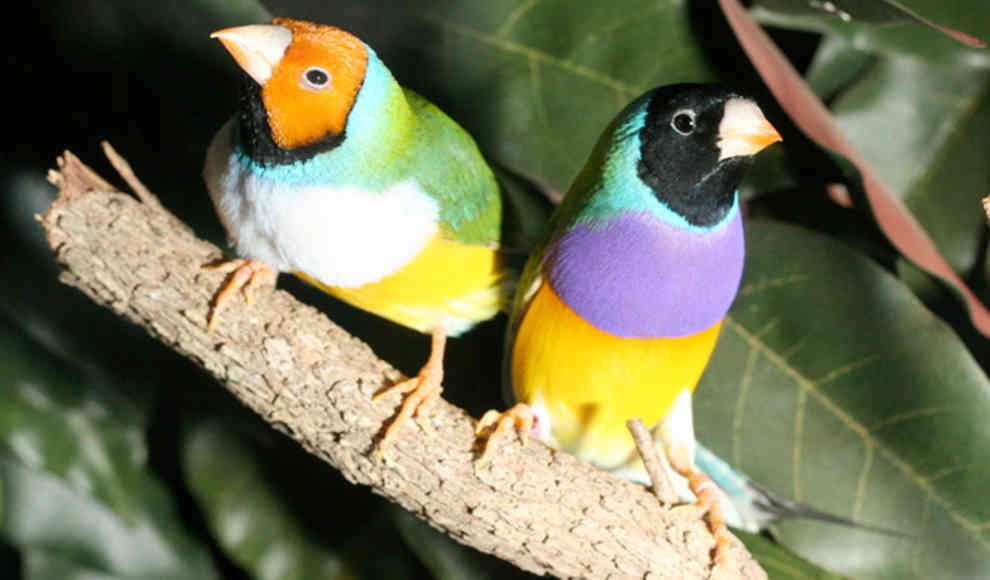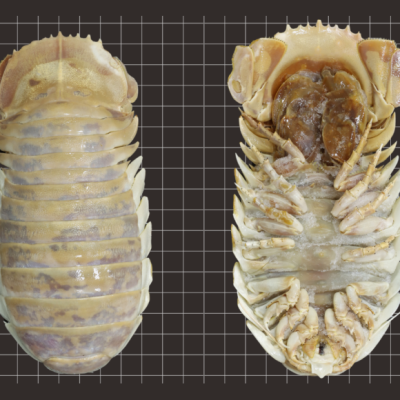A new study conducted by Australian biologists has found that the physical condition of a mother bird does not affect the gender of her offspring. Instead, the study shows that external factors, such as the quality of food available, play a significant role in determining the sex of the bird’s offspring. The researchers, Sarah Pryke and Lee A. Rollins, studied a species of finch called the Erythrura trichroa and found that mothers adjust the gender ratio of their offspring to match the expected quality of the rearing environment. The study, published in the Proceedings of the Royal Society B: Biological Sciences, sheds new light on the ways in which animals can influence the gender of their offspring.
The study involved 56 female finches, which were given a rich and varied diet before their first encounter with a male. After their first brood, the quality of their food was reduced until their second pairing. Throughout the study, the researchers monitored the birds’ blood values, immune systems, and body weight, which remained constant. The results showed that the quality of food available to the mother bird was the primary factor in determining the gender of her offspring. In times of scarcity, the birds produced more male offspring, which have a higher chance of survival under harsh conditions. In times of abundance, the gender ratio was more balanced.
The study’s findings challenge previous assumptions about the role of a mother’s physical condition in determining the gender of her offspring. The researchers suggest that the ability of female birds to influence the gender of their offspring through the production of Z-eggs could have implications for other species, including humans. The study highlights the importance of external factors in shaping the development of offspring and provides new insights into the ways in which animals adapt to their environment.










